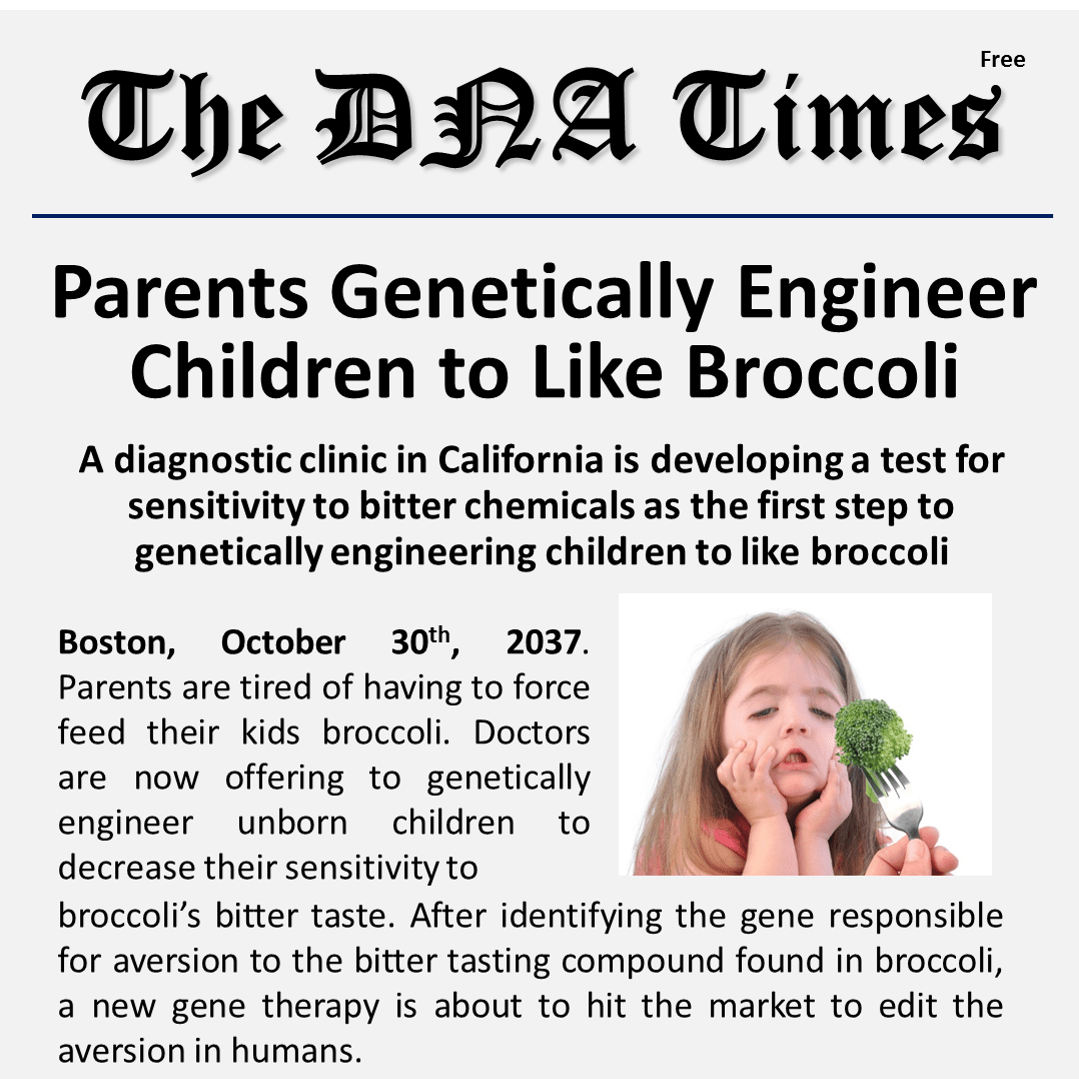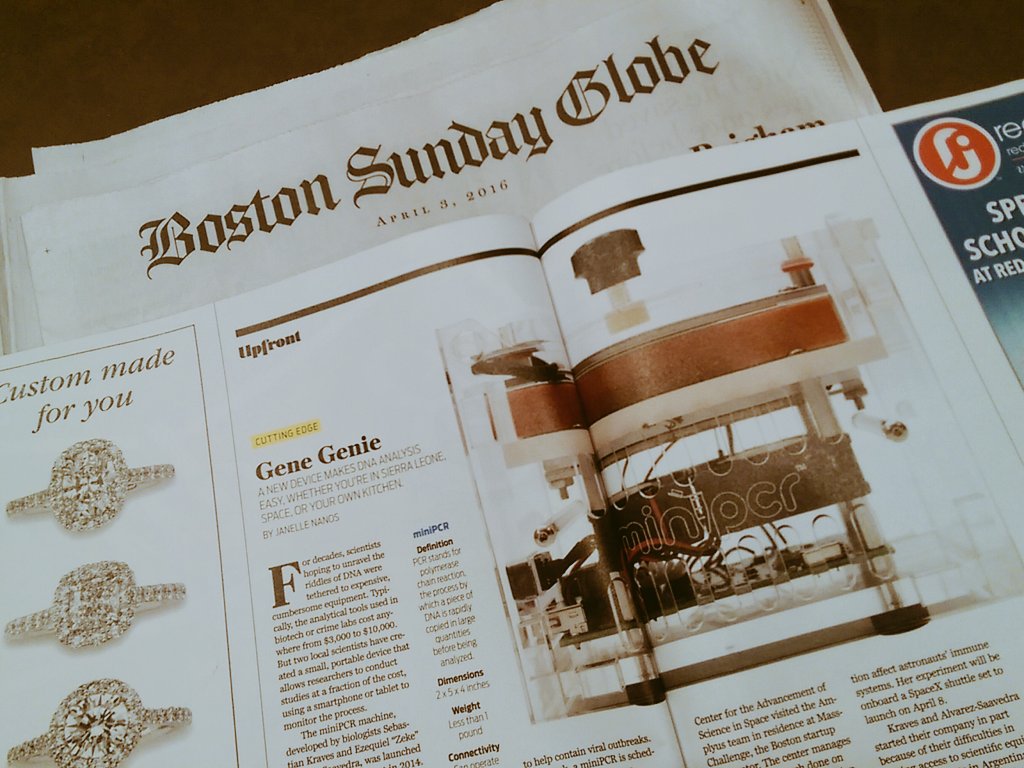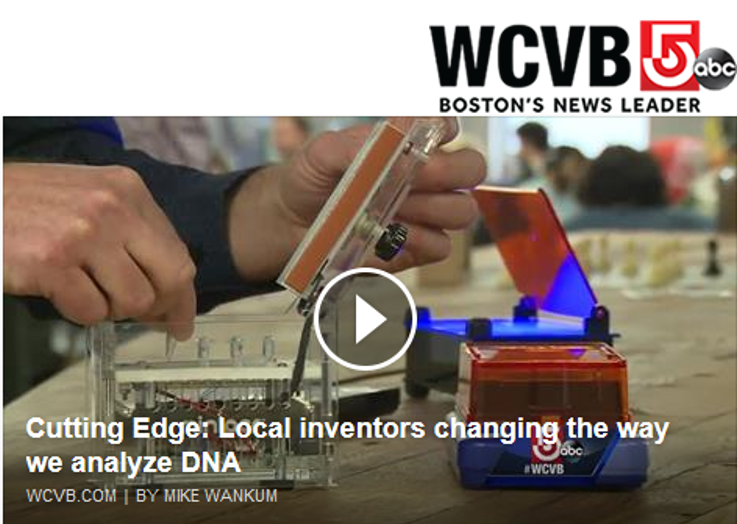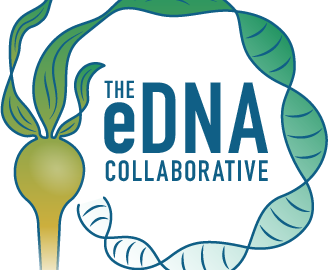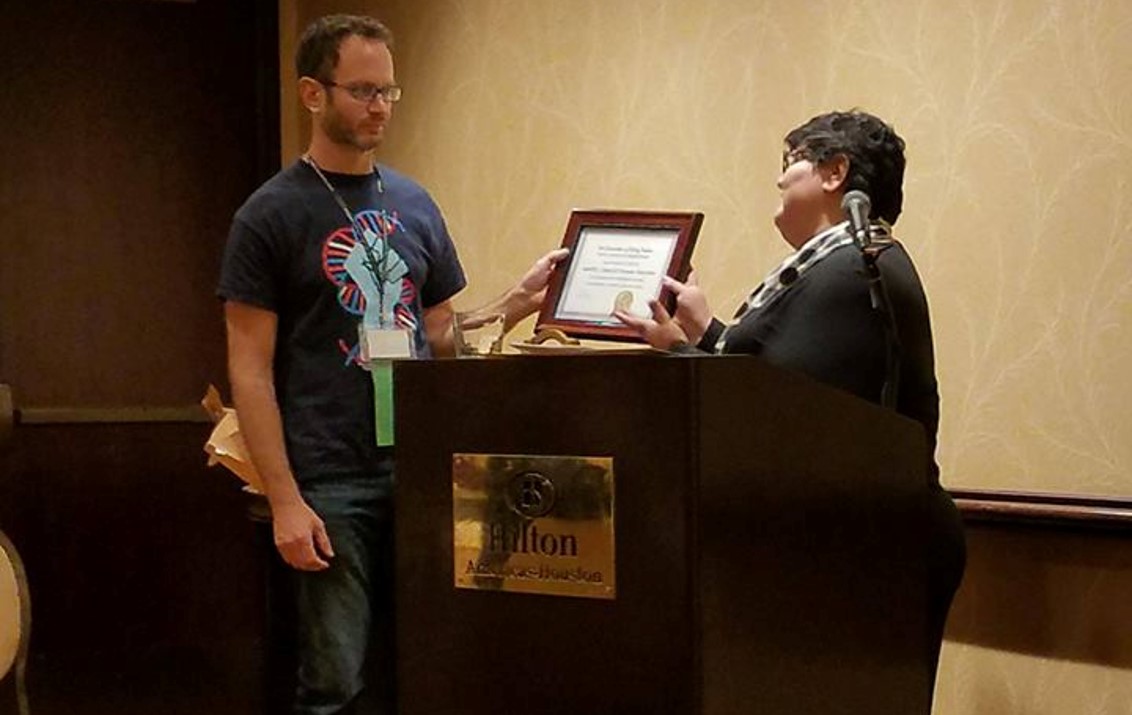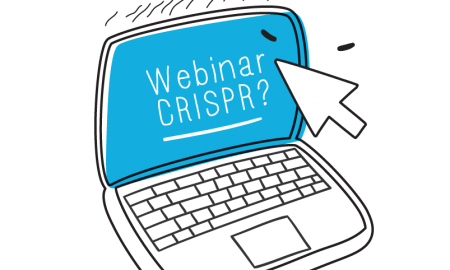Supporting science education with miniPCR lab protocols
We are constantly looking for ways to support science education. miniPCRTM lab protocols are one of these ways. They are meant to help high school students grasp theoretical concepts in molecular biology, while gaining hands-on biotechnology experience. They are also meant to facilitate curriculum and lesson planning for science teachers.
We found through our work with students and their teachers that it is possible for lab experiences to have a real impact in the lives of students, and that this impact is greatest when students are offered opportunities for beginning-to-end experimentation. Our PCR-based labs are designed to recreate real-life biotechnology applications in very pragmatic lesson plans that can be completed in 1 to 2 hours. For example, the miniPCRTM Crime Lab engages students in a simulated forensic criminal investigation. Our Food Safety course takes the class through real-world biotechnology applied to food safety testing.
We develop lab protocols working in close collaboration with teachers, students, academic researchers, and foundations committed to science education. We seek guidance from tested approaches that have proven effective in other educational and outreach programs. We hope that these experiences will increase the students’ affinity for scientific inquiry and for STEM careers.
Starting on a modest scale working with Massachusetts public schools, miniPCRTM lab protocols have been well received, and their use is growing rapidly. Feedback from our many collaborators keeps helping us refine and develop new approaches. We are eager to hear your comments and suggestions: What would you like to see in a PCR lab? What have been some of your pain points? How can we help?
